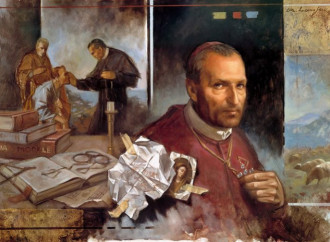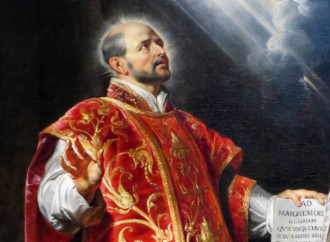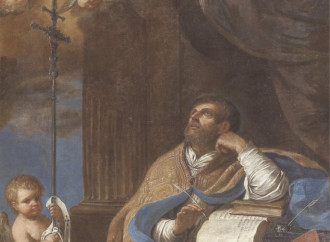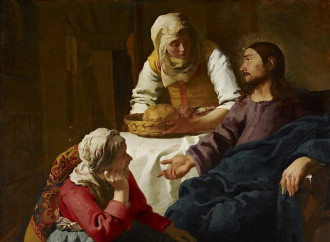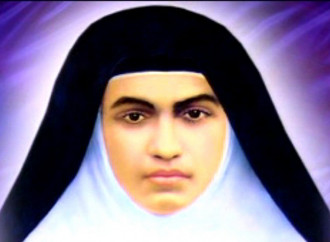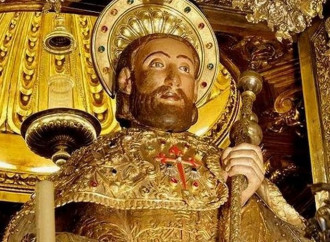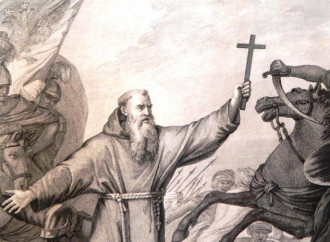Saint Alphonsus Maria de’ Liguori
He was able to speak of the truths of faith to both learned and simple people, writing over a hundred works, some of which have been translated into more than 70 languages
Saint Ignatius of Loyola
On 15 August 1534 he and six other companions, among them the future Saints Francis Xavier and Peter Faber, made a vow in the chapel of Montmartre: thus was born what would later officially become the Society of Jesus
Saint Peter Chrysologus
For his sermons he was proclaimed Doctor of the Church
Saint Martha of Bethany
She is mentioned in three significant Gospel episodes, in which she is portrayed as a woman solicitous in serving and meeting Jesus.
Saint Alphonsa of the Immaculate Conception
"I consider the day I have not suffered a lost day for me,” she said
Saint Pantaleon
He is the patron saint of midwives and co-patron of doctors together with the famous Cosmas and Damian
Saints Anne and Joachim
Today the Church jointly celebrates Saints Anne and Joachim, parents of the Virgin Mary
Saint James the Greater
He was the first of the Twelve to bear witness to Christ through martyrdom
Saint Charbel Makhlouf
This great Lebanese miracle worker and hermit was the fifth child of two peasants, who named him Youssef Antoun (Joseph Anthony)...
Saint Bridget of Sweden
Co-Patroness of Europe, she is one of those models of holiness capable of containing multiple vocations. Jesus dictated 15 prayers to her to recite every day for a year
Saint Mary Magdalene
She was able to accept Grace and became a faithful disciple of Jesus, deserving of being called “Apostle of the Apostles”.
Saint Lorenzo da Brindisi
He was together an ambassador of peace, a man of action, and a great theologian, proclaimed Doctor of the Church by John XXIII
